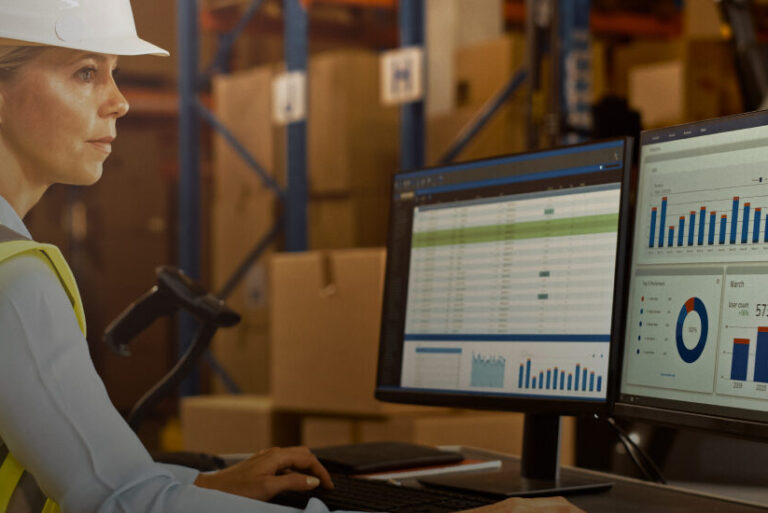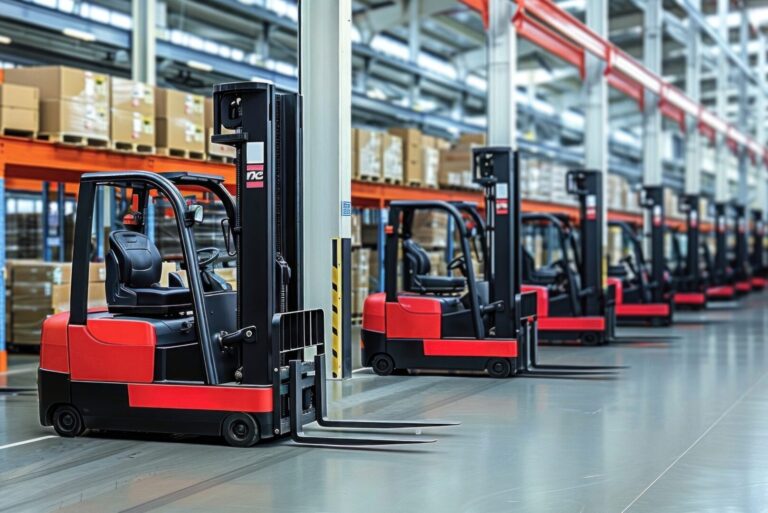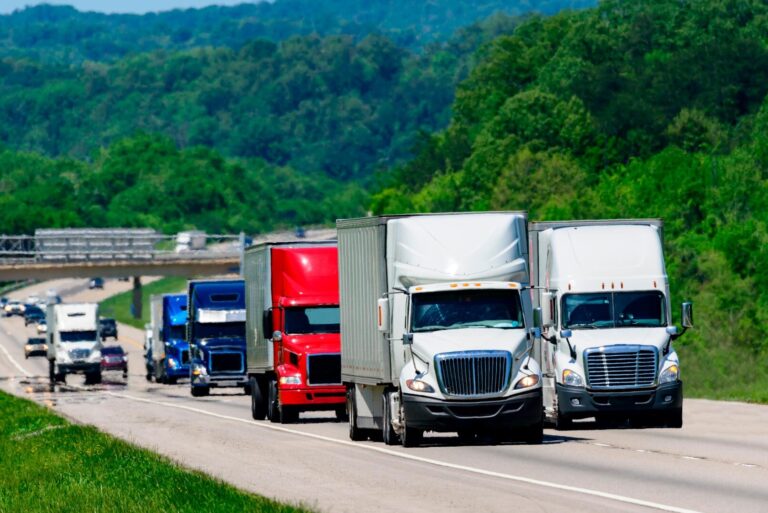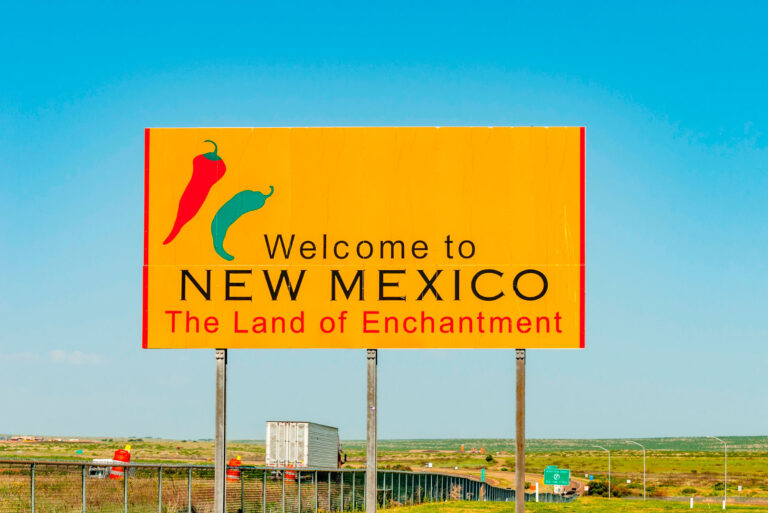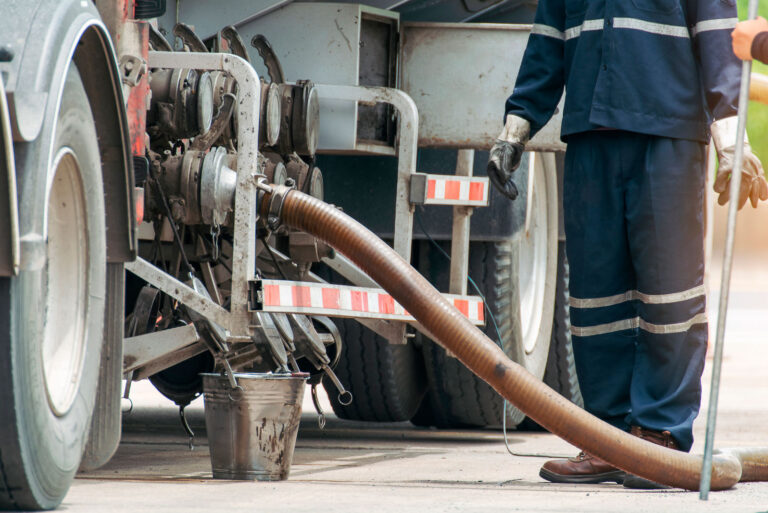Generating Credits with the Oregon Clean Fuels Program: Regulatory Updates for Electric Forklifts
June 21, 2023
Oregon’s Clean Fuel Program adopted regulatory updates in June 2023 that affect how fleet owners and operators can generate credits from their electric forklifts. The memorandum will require all electric vehicles to be metered in order to be eligible to earn credits. These changes heavily impact electric forklifts, which currently generate credits using an alternative calculated methodology.
This article explains how the update affects electric forklift operators in Oregon and how electric vehicle (EV) fleet owners can prepare in order to continue earning Clean Fuels Program credits.
Oregon’s Clean Fuels Program
Oregon introduced the Clean Fuels Program (CFP) in 2016 with the goal of reducing greenhouse gas emissions from the transportation sector. The program implements market-based incentives that encourage fleet owners to adopt electric and low-carbon vehicles including forklifts. Under the CFP, Oregon-based EV fleet owners can generate credits based on the reduced emissions of their fleet vehicles, which can be sold to regulated fuel producers that need to offset their carbon emissions. The generation and resale of credits can act as an alternative revenue stream for EV fleet owners in Oregon, encouraging the widespread adoption of low-carbon and electric-fueled vehicles across the state.
Under the CFP, entities that use electricity as a transportation fuel are eligible to generate credits, including:
- Electric vehicle fleet operators
- Electric forklift fleet operators
- Electric vehicle service providers
The CFP requires credit generators to monitor and report their reduced emissions to the Department of Environmental Quality (DEQ) on a quarterly basis. While an alternative calculated methodology has previously been an acceptable form of monitoring, recent updates to the CFP have imposed stricter monitoring regulations and will soon require all electric vehicles to report metered data to collect credits.
2023 Updates to the Clean Fuels Program
In June 2023, the DEQ issued changes to the Clean Fuels Program that impact the monitoring and reporting requirements of electric vehicles, with the most substantial impacts to electric forklift owners. The new ruling states that all electric vehicles must be monitored through metered readings or through DEQ-approved alternative methodologies starting Quarter 4 (Q4) of 2023. All reporting for electric forklifts must reflect actual metering at the point of dispensation beginning with Q4 of this year.

Additionally, beginning in Q4 of 2023, this estimation methodology will no longer be eligible for generating credits. In order to earn Clean Fuels Program credits, all electric forklifts will require metered readings.
Ensuring Compliance with the New CFP Rulemaking
These regulatory updates are underway, with changes to the estimation methodology currently in effect and the metering requirements scheduled to go into effect starting Q4 of this year. Smart Charging Technologies (SCT) is working with the DEQ to extend the use of the estimation methodology for credit generators; however, these are the regulatory updates that are going into effect at this time.
Partnering with SCT can ensure compliance under these new changes. SCT can help you ensure your electric fleets adhere to all DEQ requirements and are generating credits to their full potential through proper reporting. Similar changes may be coming to California and other states with energy rebates programs, so be sure to get ahead of the curve by partnering with SCT to ensure compliance and maximize your earnings.
Learn more about how SCT helps you earn with Oregon’s Clean Fuels Program.
Related Posts
